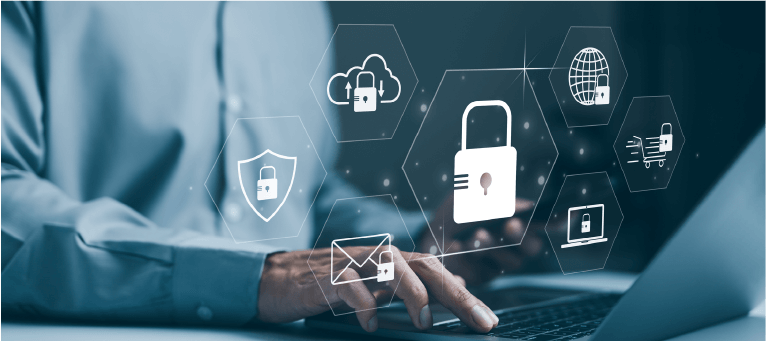It’s an exaggeration to say that the race to 5G is in its final stretch, even though several carriers are claiming it is, and that they’ll be the first to cross the finish line. No question, though, the race heats up more each day, and not just in the U.S. In fact, many in the industry, both here and abroad, believe that China is currently the clear and present leader.
But regardless of who, exactly, currently sits at the top spot, a recent survey conducted by PCMag.com unveils that yes, indeed, the public definitely wants 5G, but they don’t really know why. That’s called good marketing.
Has the marketing of 5G really been that good?
While the carriers—and countries—are mortgaging their futures and advertising budgets on 5G, there’s one (1) thing they appear to have overlooked—explaining what it is and why exactly it’s going to be so earth-shattering. Sure, respondents listed faster speeds as a benefit, but, seriously, who couldn’t have guessed that? Have you ever seen a carrier promising slower speeds and more dropped calls?
The survey, which included 2,500 U.S. consumers, found that four (4) out of five (5) Americans basically have no idea what 5G is, much less what it will provide. A quarter of those who claimed to know what 5G is believe they currently have it. Hmmm. Yes, that means many of the twenty percent (20%) who claim to know what 5G is don’t. And of those who believe they’re currently enjoying 5G, almost half believe they have it at home. Apparently, they’re mixing up 5G Wi-Fi with 5G, an understandable mistake, but incorrect. 5G Wi-Fi has been around for almost twenty (20) years. While it operates in the five gigahertz (5G) range, it is a short range, home networking solution that became popular around 2010 when home routers began utilizing 801.11.
So, what worries consumers about 5G?
If you answered, “higher prices”, you nailed it. But, really, isn’t that answer on a par with “higher speeds”? But give yourself a pat on the back if you answered shrinking data caps, or something to that effect. That ranked just south of higher prices.
While you may have read or heard some of the scare tactics surrounding 5G (or seen them in video form on YouTube), hopefully you’ll fall in line with the vast majority of respondents who aren’t buying it. Eighty percent (80%) stated that they have no safety or health concerns regarding 5G, and that they believe claims to that effect are a bunch of hooey. To allay any fears you may have about 5G, the base stations are not more powerful than current ones, and they’re not solely millimeter-wave. And in the event you’re wondering, millimeter-wave technology has been widely studied, which runs counter to what the technology fearmongers believe and have been disseminating. Concerns surrounding millimeter-wave technology are due to the fact that because it operates at an extremely high frequency, some believe it will splash consumers with steady waves of radiation. Not so.
If you really, really want to know why you (should) want 5G, click here. Oh, and find out how the government is trying to get 5G into your hands quicker here.
Mobility questions? These folks have the answers
If you have questions about your organization’s current mobility strategy (or the one you’d like to implement) and how 5G will affect it, contact GDT’s Mobility Solutions experts at Mobility_Team@gdt.com. They’re comprised of experienced solutions architects and engineers who have implemented mobility solutions for some of the largest organizations in the world. They’d love to hear from you.




